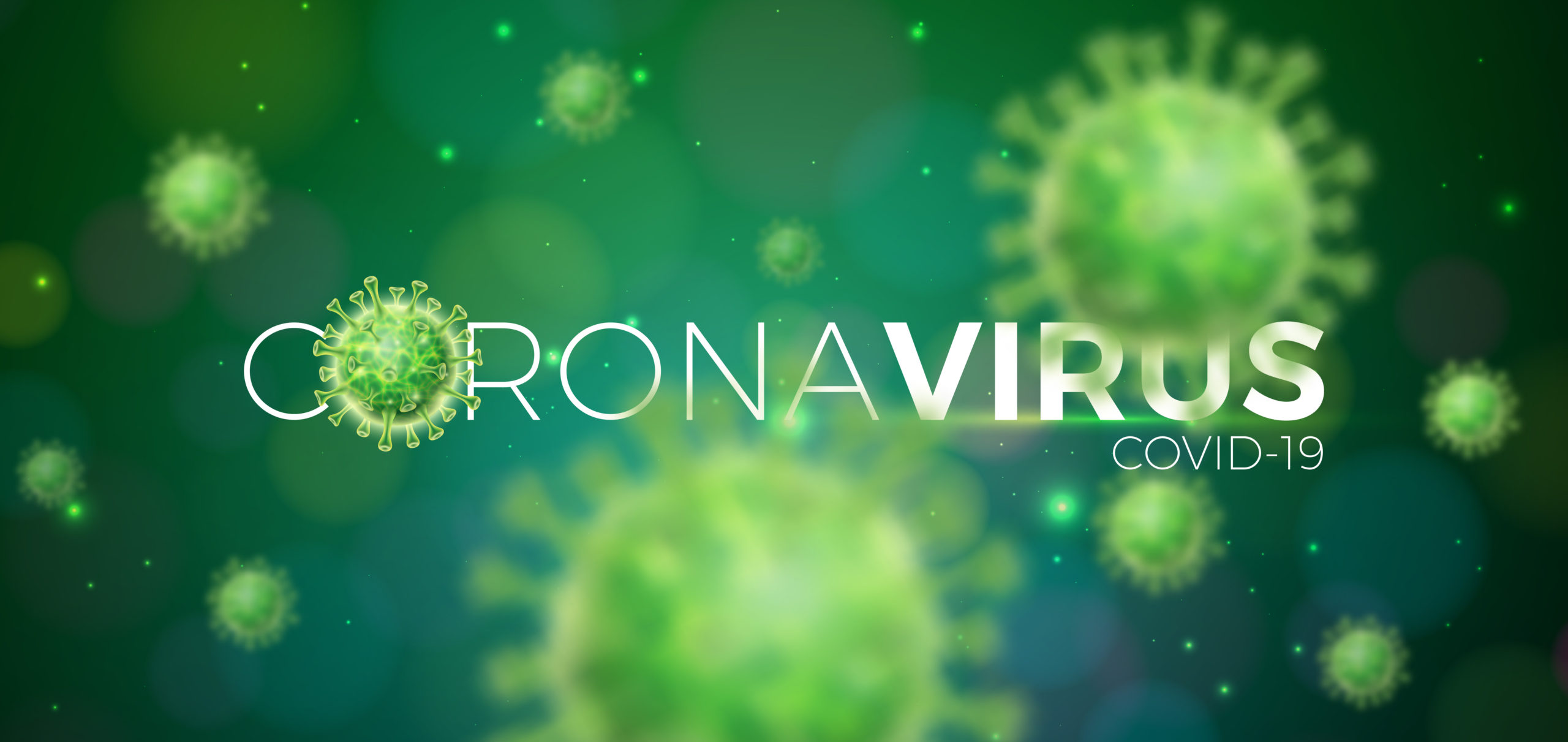Omicron is likely not the last variant of concern, Fiji’s Ministry of Health says reminding the public that measures that have worked including COVID-safe adherence and vaccination should be adhered to suppress the transmission of the virus and safeguard vulnerable community members from severe disease and death.
According to the World Health Organisation with billions of people still to be vaccinated, the virus will continue to spread, generating new variants and as such says it is unlikely that Omicron will be the last VOC. Omicron is the fifth variant since the emergence of the SARS-CoV-2 virus.
This, Permanent Secretary for Health Dr James Fong says tells us that we need to adapt our approach to confronting the virus and do away with old containment responses such as lockdowns that “do not work well against highly-transmissible variants.”
“Therefore, there are two pillars of our approach: One is vaccination, including boosters. Vaccines provide life-saving protection against severe illness from this variant. We must all get two doses, plus a booster as soon as we are eligible –– that is five months after the second dose. The second is prudence: We must continue to use proven, good common-sense measures to limit the spread,” Dr Fong said.
“As we continue to record new cases of COVID-19 throughout the country, the public is reminded of the need to maintain public health and social measures that are helping in suppressing the transmission of the virus in our communities so that hospitalization numbers remain low. When a large number of people get infected within a shorter period of time, even a smaller percentage of people becoming severely ill may still mean a large number requiring hospitalization, which will put pressure on our health system. Strict adherence to the community-wide COVID safe measures by everyone will ensure that we will continue to function socially and economically while the community transmission of the disease is sufficiently suppressed.”
The public has also been reminded that for now, the ministry is prioritizing testing to individuals at higher risk of severe disease to ensure that they are assessed early, referred to an appropriate health care facility, and managed promptly if their symptoms deteriorate.
To the general public, the ministry advises: “If you develop a cold or flu-like symptoms such as runny nose, sneezing, nasal congestion, sore throat, cough, body ache, fever, you should assume you have COVID-19, and self-isolate. If you have any of these symptoms, please stay home to avoid spreading the disease to others, and in particular those who may be more at risk of severe disease.”
Those at higher risk of severe disease are over the age of 50, or have any significant chronic disease like heart disease, kidney disease, lung disease, diabetes, hypertension, or obese or pregnant.
“Get tested at your nearest health facility if you are at higher risk of severe disease so that health workers may conduct an assessment and place you on a care pathway for monitoring and follow-up. If anyone in your home is at higher risk of developing severe disease, please try to isolate yourself away from them.”











